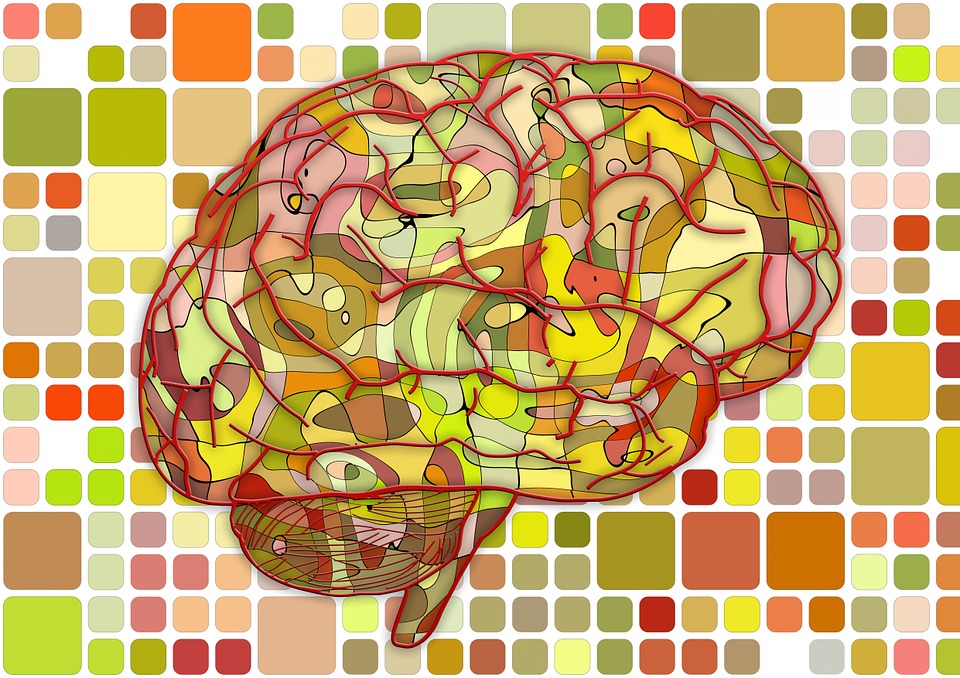Media Release
From: Society for NeuroscienceRemembering to Forget
Discarding information from the brain is associated with more mental effort than keeping it, finds a human neuroimaging study published in JNeurosci. These results suggest moderately reactivating the memory of an unwanted experience may be required to forget it.
Although the human brain automatically remembers and forgets information, these processes can also be controlled voluntarily. Previous research has linked intentional forgetting with redirecting one’s attention away from the unwanted experience during memory formation and suppressing its retrieval once the memory has been formed.
Tracy Wang and colleagues instructed healthy young adults to remember or forget images of scenes, objects, and neutral faces. An analysis of functional resonance imaging data revealed forgotten images were associated with stronger activation of the sensory cortex than remembered images. Forgetting was most successful when this brain region was activated at moderate levels. The research provides evidence for a forgetting strategy that involves activation, rather than suppression, of unwanted information.


